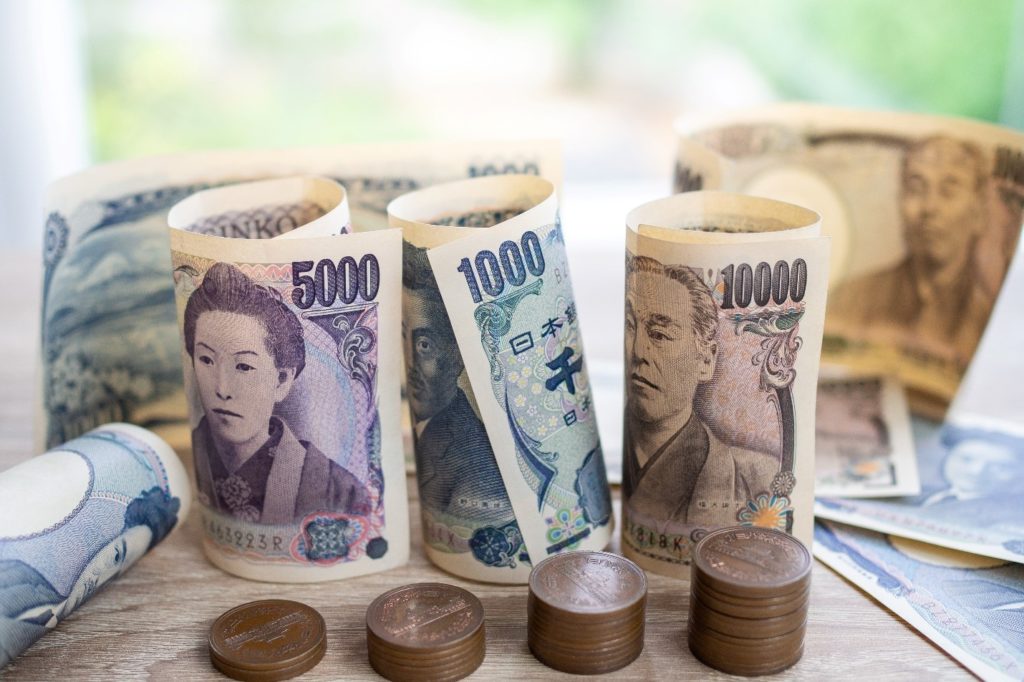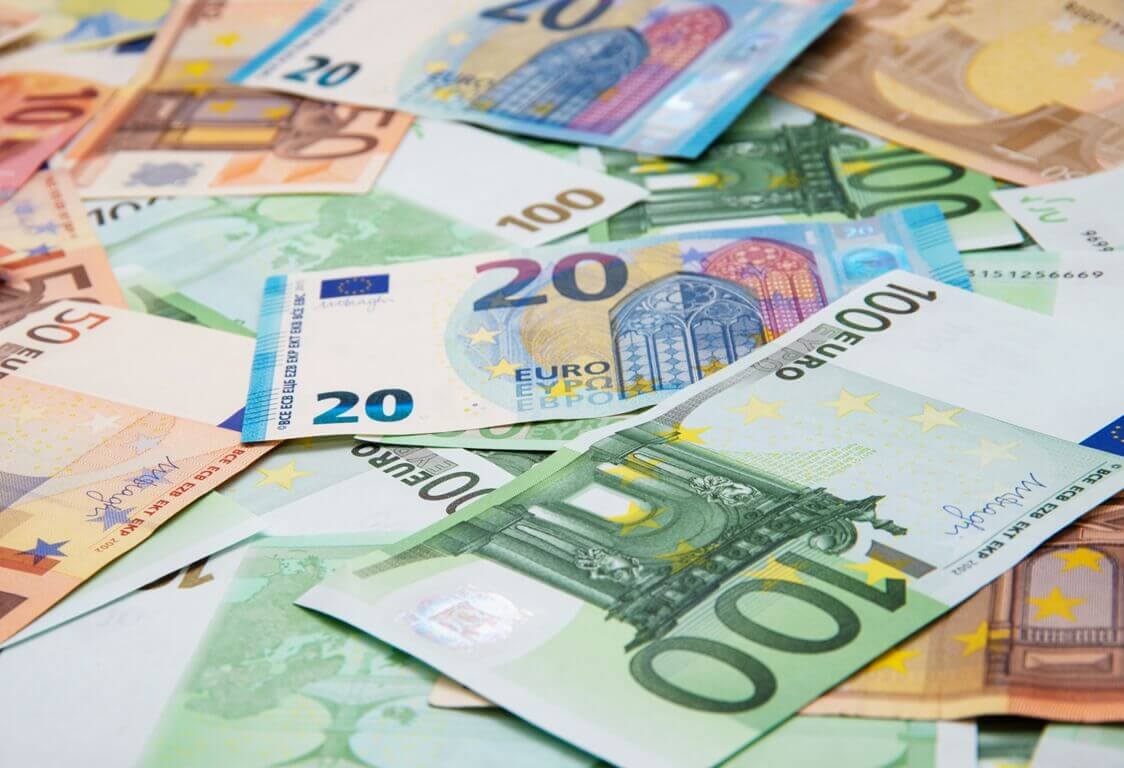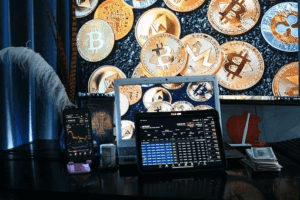The Euro traded slightly above 3-1/2-month lows against the U.S. dollar on Thursday. Traders are waiting for a potentially momentous meeting of the ECB. Meanwhile, riskier currencies such as the Australian dollar surged forward as a global risk sell-off abated further.
The Japanese yen and the U.S. dollar index soared earlier this week to the highest levels since end-May and early April, respectively. However, both retreated on Thursday as strong earnings boosted stock markets and bond yields. This prompted investors to abandon the safe-haven assets they had piled into.
Traders also bought back into cryptocurrencies. Bitcoin skyrocketed above the $30,000 mark, gaining more after Tesla CEO Elon Musk announced that the company would likely resume accepting bitcoin for payment.
Thus far, analysts don’t expect any new measures from the European Central Bank, stating that the bank will probably follow the inflation target tweak. At the same time, odds have risen on policymakers deciding to retain support for longer and add more bond-buying.
Where did the EUR/USD pair stand during the session?
The common currency traded at $1.1790 at last, slightly higher of the early April lows of $1.1752 touched on Wednesday. Analysts expect the ECB’s dovish course. Many other banks are contemplating exiting pandemic-era stimulus to keep the Euro under pressure.
Stephen Gallo, the European head of FX strategy at BMO Capital Markets, noted that a lot of what happens currently with the ECB hinges on what statements the inflation-averaging central bank will portray at the press conference.
The more they look willing to tolerate a higher inflation rate, the more damaging it will be for the common currency. It will also provide support for commodity and emerging market currencies against the Euro.
However, Gallo also added that pandemic-time stimulus expires in March and much hinges on how much consensus there is within the governing council to extend bond-buying after that.
How did the U.S. dollar and Japanese Yen fare?

The dollar index (DXY) measures the U.S. currency against its six major peers. It traded at 92.75 after tumbling down from a 3-1/2-month peak of 93.194 touched on Wednesday.
Another safe-haven currency, the Japanese yen, exchanged hands at 130 per euro. It lowered from an almost four-month high of 128.610 hits this week. The Yen was flat versus the greenback at 110.3, as well.
On the other hand, the Australian dollar traded at $0.73675. It rose from an eight-month low of $0.72895 reached on the previous day. The currency managed to rally even though half the Australian population is under Covid-19 lockdowns.
The Aussie also jumped against the Yen. The currency was at 81.07 after it climbed up from a 5-1/2-month peak of 79.85.
What caused such a rally in antipodean currencies?
Higher-risk assets surged forward after robust company earnings boosted Wall Street and European bourses. This let traders look past worries that the Delta coronavirus variant would dampen the economic recovery.
National Australia Bank analyst Tapas Strickland noted that the consensus is that the Delta virus strain does not pose an immediate risk to global recovery. It will delay reopening by three months at the most as countries increase vaccine rollouts.
In Europe, the British Pound strengthened, reaching $1.374 after tumbling to 5-1/2-month lows. In cryptocurrencies, bitcoin gained the most after Wednesday’s 7.9% jump, trading near $32,000.
Taiwan decided to lift forex curbs earlier than expected on ANZ and ING
Taiwan’s central bank announced lifting foreign exchange trading curbs early on Australia and New Zealand Banking Group Ltd (ANZ) and ING after punishing them for their involvement in currency speculation.
The central bank banned Deutsche Bank from exchanging Taiwan dollar deliverable and non-deliverable forwards in February. Thus, suspending it for two years from trading forex derivatives.
In addition to Deutsche Bank’s punishment, the central bank also declared that it wouldn’t allow ANZ and ING’s Taipei offices to trade Taiwan dollar deliverable and non-deliverable forwards for the following nine months.
However, two sources with direct knowledge of the matter noted today that Taiwan’s central bank allowed ING and ANZ to resume Taiwan dollar deliverable and non-deliverable forwards trades. This considerably shortened their punishment time.
An ING spokesperson also confirmed the lifting of the suspension. However, thus far, the central bank and ANZ haven’t responded to requests for comment. According to the sources, the central bank had notified the banks at the time of meting out punishment. They said that they would be able to apply for an early lifting of the restrictions if they could show the central bank they had taken improvement measures.
When it first issued restrictions, Taiwan’s central bank stated that the cases centred on grains trading companies ostensibly making routine currency transactions for their business, which had in reality been engaging in currency speculation. The bank claimed that these actions were affecting the stability of Taiwan’s foreign exchange market.
As a result, Taiwan has worried about the strength of its local dollar. The latter could make exports from the trade-dependent island more expensive. That would possibly put Taiwan in the crosshairs of the United States as a manipulator.










